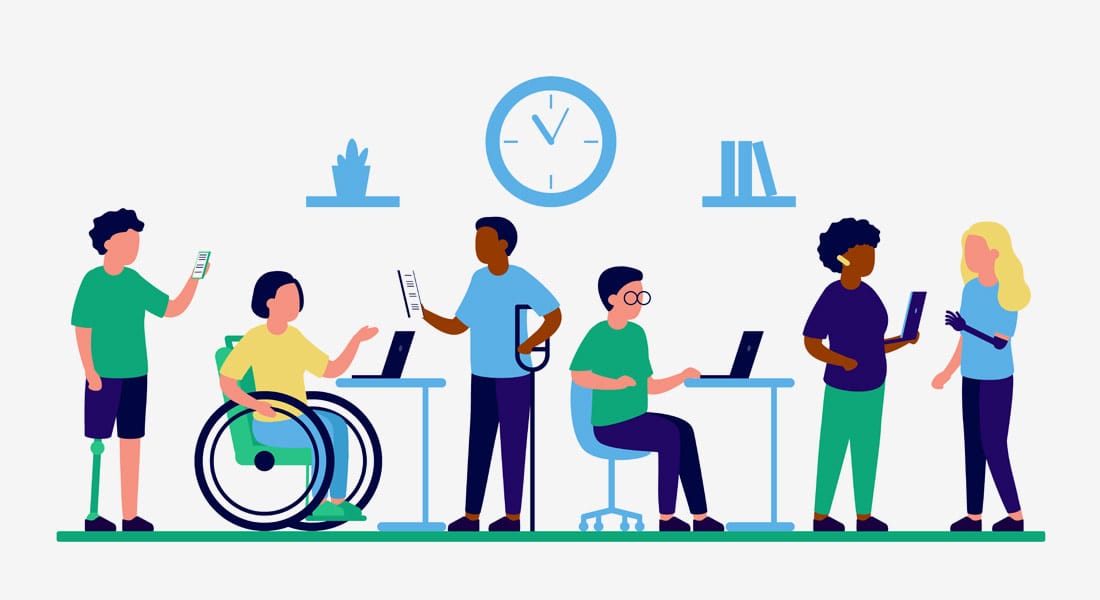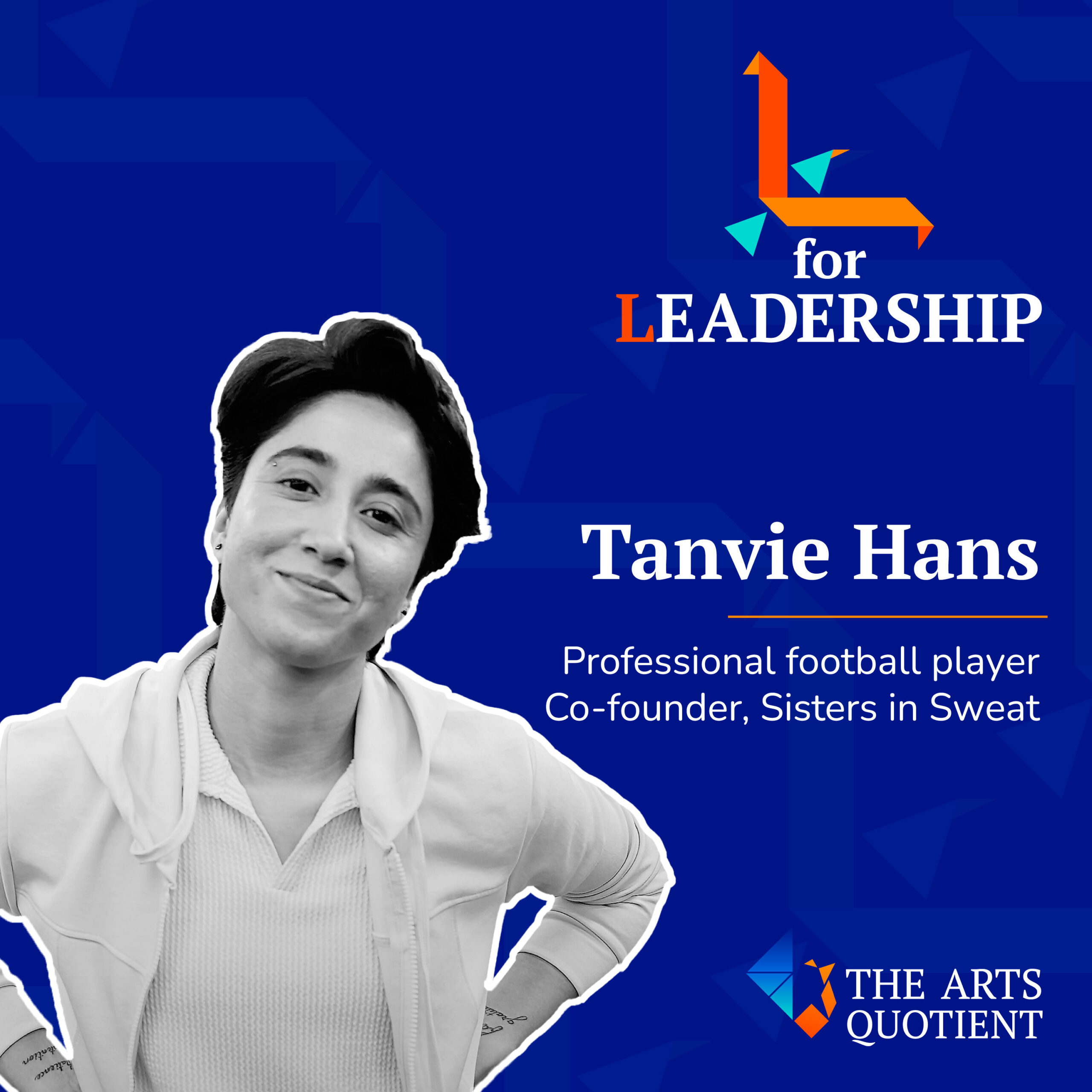India’s Paralympic triumph in Paris, with 29 medals including 7 golds, surpasses the tally of the regular Olympics manifold. This is in spite of the former getting significantly less support on all fronts – financial (government and sponsorships), infrastructure, medical, and institutional. Each Paralympic win carries wrenching back-stories of lives upended by tragic accidents and misfortunes. Take for example 39-year-old para-archer Rakesh Kumar, who lost his limbs in an accident and overcame poverty, depression, and several struggles to become a para-archery champion. His partner in the Paris event was the wonder kid Sheetal Devi who is an armless archer. And what shines through is the para-athletes’ spirit of champions to strive against all challenges. And win.
Their achievements highlight an important lesson: ambition, ability, optimism, and resilience come from unconventional talent pools. I hope corporate India is listening.
Ask any CEO/ CHRO what an ideal employee is and they’ll typically list the exact qualities that these champions have shown. In India, hiring for entry-level jobs indexes heavily on accreditation – the schools and degrees you hold. Yet, research shows a huge skill gap between employee expectations/ needs and what students are trained to do. In addition, with the rapid pace of change in technology, agility to learn new skills and resilience to ride out challenges are key qualities for sustained careers. So, we hope that the success of these Para-champions makes corporate India finally rethink how it thinks about the inclusion of people with disabilities (PWDs) – less as an act of sympathy and more as a choice to access untapped talent pools with all the right qualities and to bring inspiration to the entire organisation.
Hiring for diversity isn’t just a box to check but a strategy for success. A recent report by Accenture shows that companies hiring more people with disabilities (PWDs) perform better financially. In India, companies like Infosys, TCS, and Deloitte have institutionalised policies to hire PWDs, both enhancing their reputations and expanding the talent pool available to them. This validates studies like this one published in the Harvard Business Review article that shows that investments in inclusivity boost profitability and improve public perception. PWDs can also bring unique strengths – the National Association for the Blind (NAB), Karnataka has studies showing that the visually impaired fare on par/ better than others at jobs such as quality control in manufacturing, call centre operations and on productivity metrics in software development.
With many of the young companies we work with, there is a genuine desire to create more inclusive workspaces. But in the fast-paced ‘jugaad’ work cultures of start-ups, there is hesitation around what it will take – in terms of infrastructure, sourcing talent pools, cost of training, other support, etc. But with a minor shift in perspective wherein hiring PWDs is seen as a strategic choice, and not just CSR, much is possible. In the way that start-ups create pathways for ‘precious tech talent’, seeing PWDs as untapped talent that needs appropriate conditions to excel and contribute, can open up possibilities of how inclusion can be done effectively. Here are some quick guidelines to think about.
Accessibility is Key
Startups must prioritize accessible design in both physical and digital spaces. Accessibility extends to how job postings and interviews are structured, eliminating unconscious bias. It is also about how spaces are designed and work norms are set. Consider Mumbai’s Ishaara restaurant, where the serving staff is hearing and speech impaired. Customers use hand signs from the menu to place orders, creating a learning moment for children and patrons alike. It’s also important to build work apps and platforms, integrating accessibility as one of the guiding principles. Ensuring this focus on inclusion pervades all aspects of daily operations strengthens the company’s culture.
Policies and Training for Inclusivity
As diversity expert Verna Myers said, “Diversity is being invited to the party; inclusion is being asked to dance.” Workspaces are often designed for the able-bodied. To integrate employees with special needs, companies must provide training for managers and co-workers. Very rigourous sensitization programs – run by NGOs like Youth4Jobs and the NAB and government-backed training schemes for PWDs can support this shift. There are several government schemes and incentives that help in providing training for PWDs which employers can take advantage of. Adapting policies for reasonable accommodation to meet diverse requirements is also key to successful integration.
Community Engagement and Partnerships
Partnering with NGOs and communities that support minorities and individuals with disabilities can expand the talent pool and foster motivation within the organization. The stories of these employees inspire others, enhancing company culture. Such partnerships also improve public relations and deepen connections with the target audience.
Leadership Commitment
Having top management publicly support policies, and instituting a diversity committee that tracks recruitment, advancement, and attrition all help inclusion become embedded in organisations.
For start-ups growing fast, finding great talent is key. Inclusive hiring is about recognizing potential beyond conventional norms. By building a diverse workforce, companies can boost innovation and resilience, mirroring the spirit of athletes who defy the odds. Inclusivity isn’t just about being ethical; it’s about potentially tapping into unexpected talent that drives success. And about bringing a dose of inspiration to the whole organisation.

